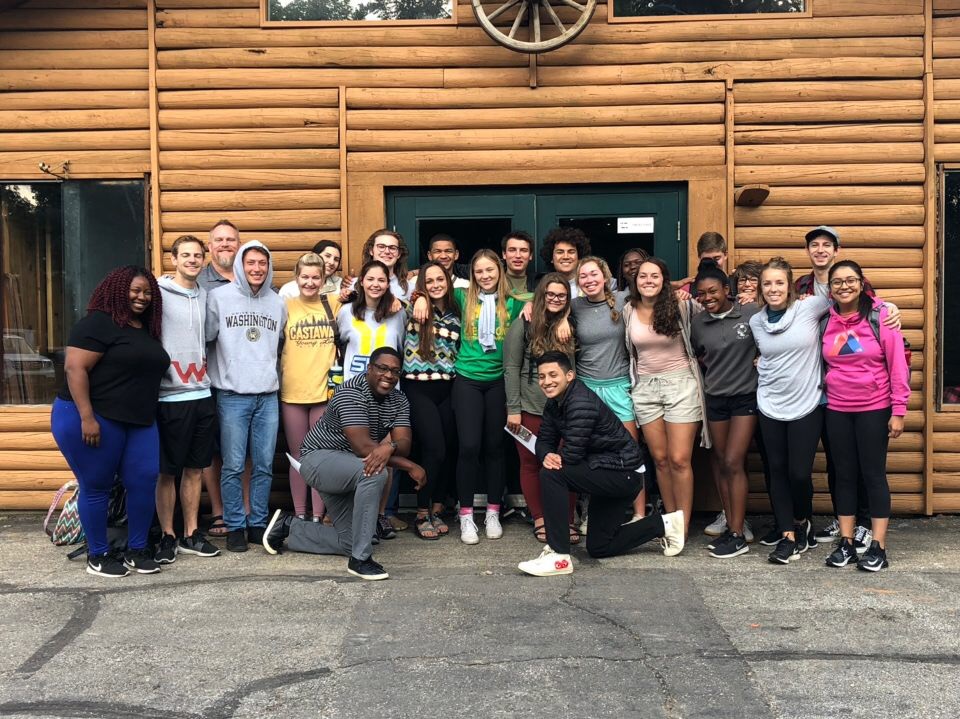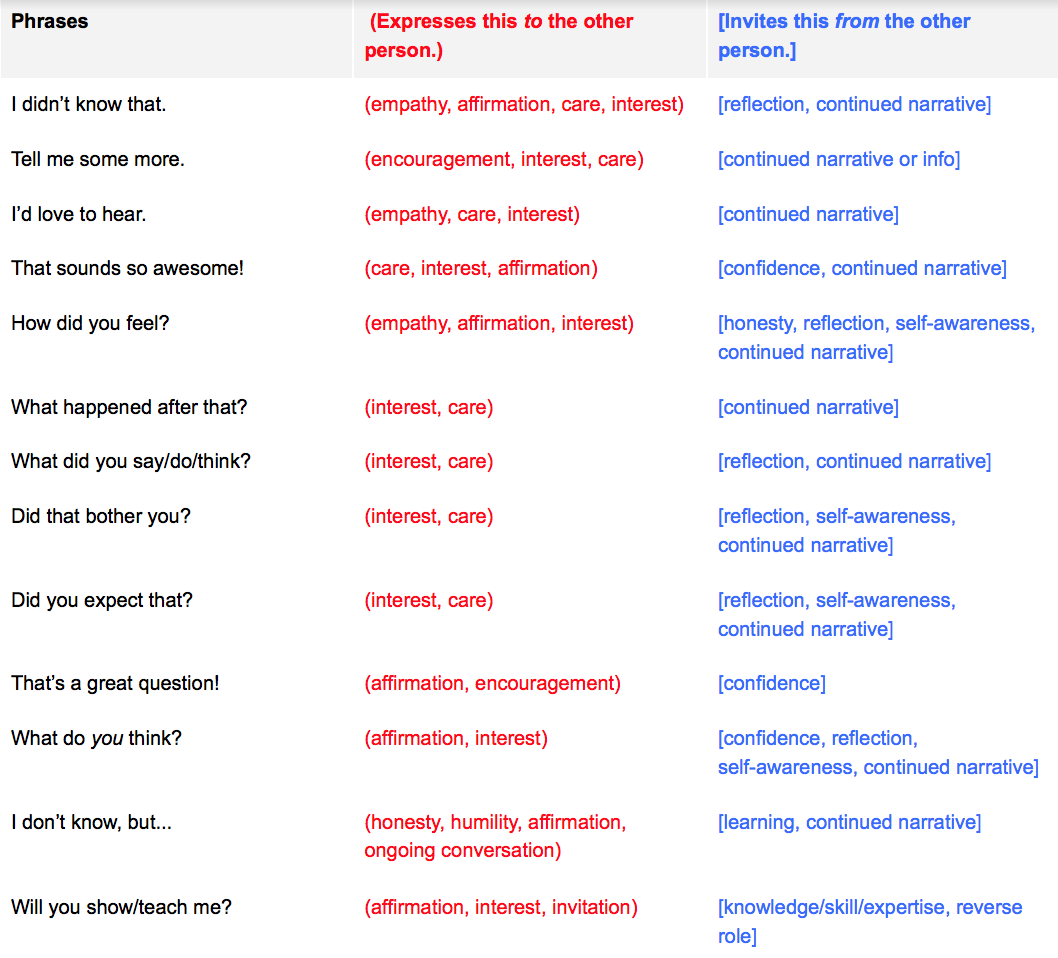90 Day Challenge
The Most Valuable Habit to Cultivate
Following my introduction to Jesus Christ, my Young Life leader encouraged me to begin reading the Bible and introduced me to the concept of a “quiet time.” While I was motivated to get to know my newfound savior, the habit of a daily meeting with the Lord eluded me until I had the privilege to serve on the work crew at Young Lifes’s Saranac Village for a month. There, our bosses sent us out alone each morning armed with a Bible and notebook to meet with the Lord. These times were sweet, and the camaraderie of a group of peers all pursuing Christ together spurred me on!
When I joined the Young Life staff at age 24, my regional director, Chuck Reinhold, informed his staff that he wanted to give us a gift. We were thinking gift cards to a trendy restaurant would be nice, but no! The gift was a challenge to commit to beginning each of the next 90 days with an hour of scripture reading and prayer, and listening to the Lord for applications. If any one of us missed a day, we would all have to start the 90 days over again - so accountability was high! While it took our group more than 90 days to complete the challenge; we did it, and the most life-transforming habit ANYONE CAN ACQUIRE was established in me!
Would you like greater wisdom, discernment and assurance in your life?
If you could sit down and have an intimate conversation with anyone who has ever lived, who would you choose? An ex-president? A hall of fame athlete? A master artist? Mother Theresa? And, if your chosen hero offered to meet with you as a personal coach each morning, would you take them up on their offer? Incredibly, this is what the Creator of the Universe, the Author and Perfector of our Faith, the One who assigns purpose to our lives, made available to us when Jesus tore down the wall separating us from God. “Here I am! I stand at the door and knock. If anyone hears my voice and opens the door, I will come in and eat with that person, and they with me (Rev 3:20).”
Consider the benefits afforded us by the Lord’s gracious invitation. We experience a personal touch of His love – not just for all mankind, but for us individually. We are assured of His forgiveness and favor. We glean from His eternal perspective. We gain vision, wisdom and discernment for the activities before us. And, we connect with His heart in prayer as we intercede for those in our sphere of influence. Why would we ever miss such a privileged encounter?
What better way to start the new year?? Here is my challenge to all of us:
Pick a friend or small group of friends to enter this challenge with.
Commit to one hour a day with the Lord, every day!
The hour is composed of Scripture reading, listening, prayer, and application.
Encourage each other along the way and share what the Lord is doing and saying in your life.
Do the hard work! If you miss a day- the whole group starts over. Accountability is not a bad thing.
Celebrate what the Lord has done in your life after the 90 days and keep the habit going!
Let’s do it together! I challenge you!
Written by Rick Beckwith



















